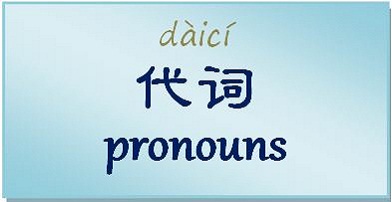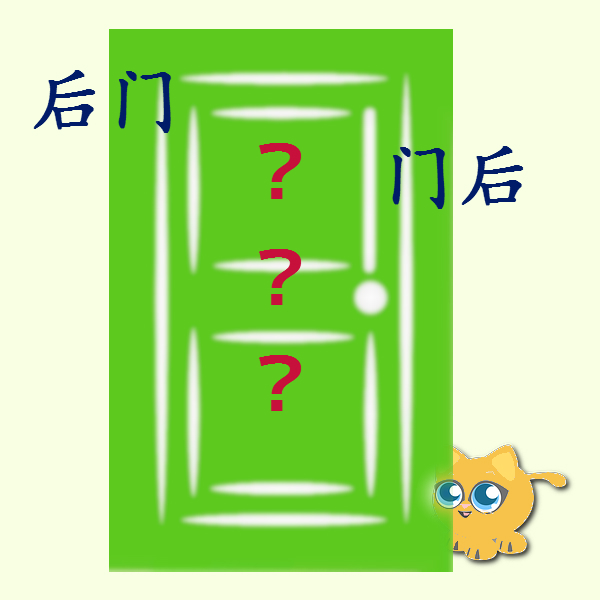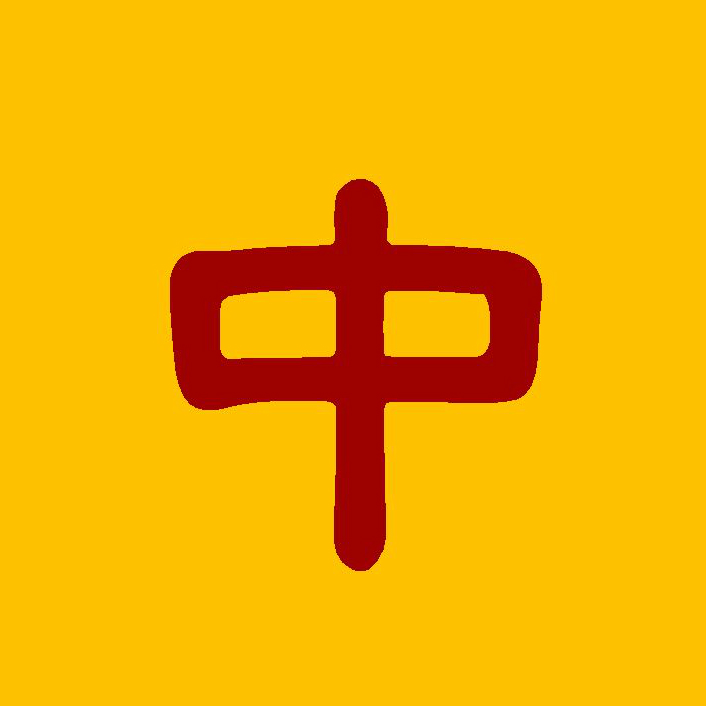
Personal Pronouns
nǐ
你
you
01 ni
wǒ
我
I
02 wo
tā
他/她/它
he; she; it
03 ta
nǐmen
你们
you (plural)
04 nimen
wǒmen
我们
we
05 women
tāmen
他们/她们/它们
they
06 tamen
zánmen
咱们
we (includes both speaker and listener; colloquial)
07 zanmen
dàjiā
大家
everybody
08 dajia
zìjǐ
自己
oneself
09 ziji
Demonstrative Pronouns
zhè
这
this
10 zhe
nà
那
that
13 na
nǎ
*哪
which
16 na_qn
zhège
这个
this (one)
11 zhege
nàge
那个
that (one)
14 nage
nǎge
*哪个
which (one)
17 nage_qn
zhèige
这个
this (one) (colloquial)
12 zheige
nèige
那个
that (one) (colloquial)
15 neige
něige
*哪个
which (one) (colloquial)
18 neige_qn
zhèli
这里
here
19 zheli
nàli
那里
there
20 nali
nǎli
*哪里
where
21 nali_qn
zhèr
这儿
here (colloquial)
22 zher
nàr
那儿
there (colloquial)
23 nar
nǎr
*哪儿
where (colloquial)
24 nar_qn
Interrogative Pronouns
shuí
谁
who
26 shui
shéi
谁 (colloquial)
who
25 shei
shénme
什么
what
27 shenme
zěnme
怎么
how
29 zenme
zěnmeyàng
怎么样
how, how about
28 zenmeyang
wèishénme
为什么
why
30 weishenme
shénme shíhou
什么时候
when
31 shenme-shihou
jǐ
几
how many
32 ji
nǎ
哪
which
16 na_qn
nǎge
哪个
which (one)
17 nage_qn
něige
哪个
which (one) (colloquial)
18 neige_qn
nǎli
哪里
where
21 nali_qn
nǎr
哪儿
where (colloquial)
24 nar_qn
ma
*吗
marker placed at the end of declarative sentences to form questions
33 ma
*”吗” is a question marker, not an interrogative pronoun, but since it is used to form questions, I have included it here for easier learning.





